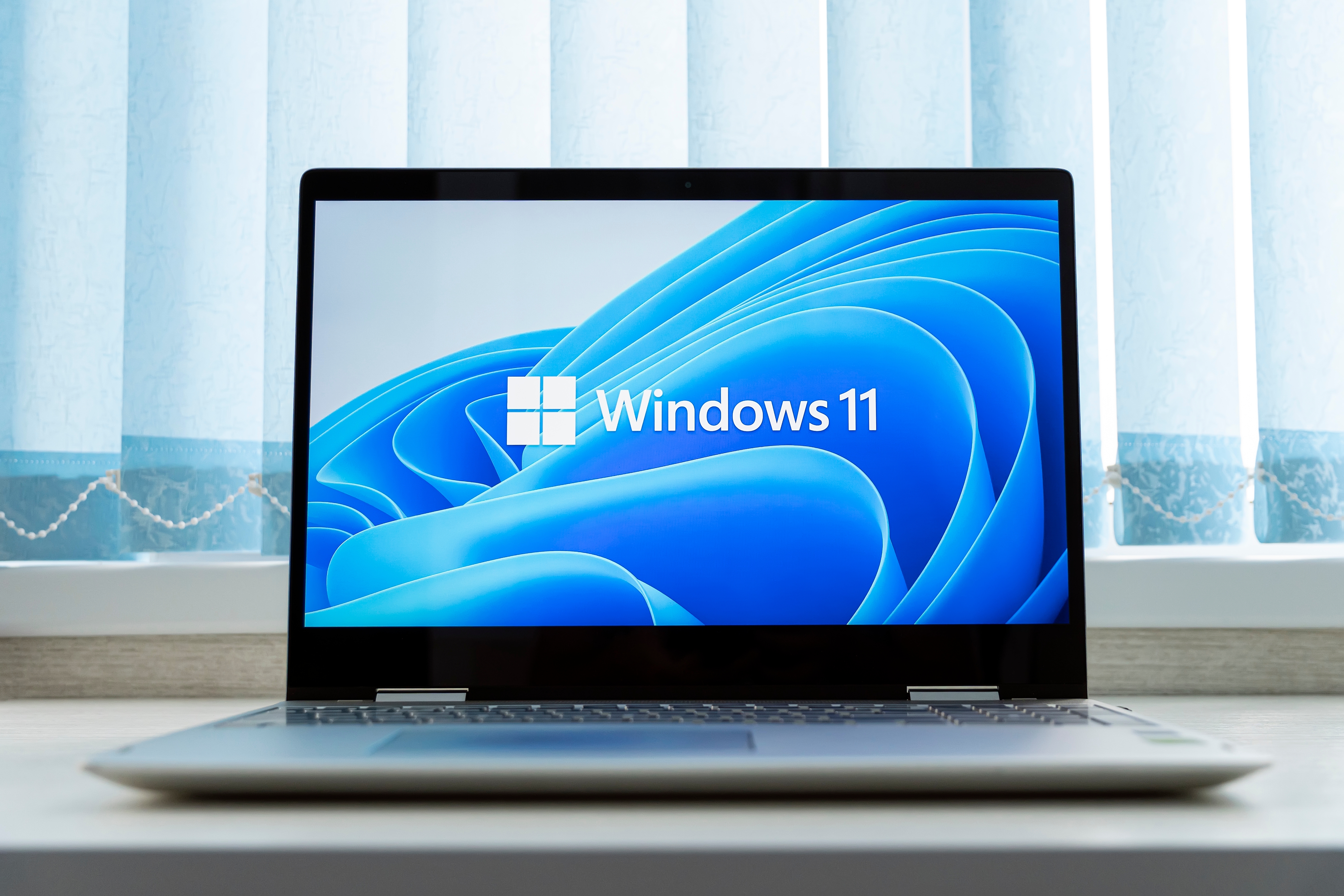- Windows 11 24H2 has a bug that can break security updates completely
- This only applies to those who’ve installed using media such as a USB stick
- It affects certain versions of Windows 11 24H2 from late last year, and the fix is a reinstallation using a newer version
This is a very odd one: some folks who’ve installed Windows 11 24H2 (which is now more widely rolling out) have been left unable to receive security updates for the desktop operating system due to the particular installation package they used.
Confused? I wouldn’t blame you, as when this first caught my eye, it caused me to wonder what on Earth might have been going on here.
And indeed, I can’t give you an answer to that, but the problem here is actually pretty simple to explain, and sort of easy to fix (if a bit of a hassle in terms of being time-consuming, and I’ll come back to that later).
Windows 11 24H2 install problem – what’s happened
So, what’s happened here is that Microsoft has somehow made a mess of the Windows 11 24H2 media installation packages that were created based on the October 2024, or November 2024, security updates.
Those would have been used by many folks installing Windows 11 24H2 from scratch in those months, as they were (at the time) the most up-to-date copies of the operating system.
As to the exact problem here, Microsoft explains: “When using media to install Windows 11, version 24H2, the device might remain in a state where it cannot accept further Windows security updates.”
The other key bit here is that mention of ‘when using media’, which means that this bug affects those who used a drive – such as a USB stick, or other media like a DVD – and the media creation tool to install Windows 11.
Other users are not affected here, so if you didn’t use the media creation tool, this isn’t a problem you need to worry about. Meaning that if you installed Windows 11 24H2 via Windows Update inside the OS, then you’re in the clear.
What to do if security updates are broken on your PC
What’s rather strange here is that this issue was recognized by Microsoft on December 24, 2024, but has only just been addressed and marked as ‘resolved’ in the Windows 11 release heath status dashboard a few days ago.
And Microsoft’s advice for that resolution is, frankly, stating the very obvious. Don’t want this problem caused by the Windows 11, version 24H2, October 2024 or November 2024 security update versions? Then don’t use the October 2024 or November 2024 security update versions for installing Windows 11.
Thanks for that. I’d never have guessed otherwise.
Anyway, going forward, if you’re installing Windows 11 24H2 via media, simply make sure that you are using the latest version (and definitely not one you might have kicking around from the end of last year).
If you have already installed Windows 11 24H2 in this way, and have encountered the problem whereby you can no longer get security updates installed – which is obviously a bad thing, leaving you open to exploits potentially – then you’ll need to take action.
In this case, you will need to reinstall Windows 11 24H2, and make sure you use the December 2024 version (or later). That involves running the same installation process that you performed when grabbing 24H2 late last year – just be sure to elect to keep your personal data and apps when running the installation process, and all you should lose is some time waiting for the reinstall to complete.
I say should, because you never quite know what might happen when undertaking any major OS operation, which a reinstallation certainly is. So, you should back up your files before proceeding, always.
It’s worth noting that Microsoft observes that this bug where updates can no longer be installed on the Windows 11 PC “might” happen, so that won’t necessarily be the case. Meaning you could be fine, even if you did use installation media and the October or November 2024 flavors of Windows 11 24H2.
That said, this issue might still pop up later, down the line – who knows – so be prepared to perform a reinstall at that point if it does.
Via PC Gamer





